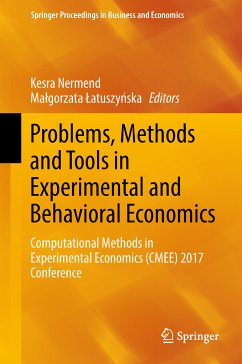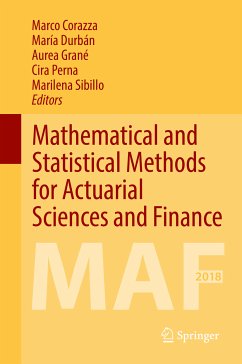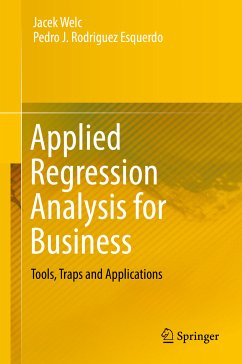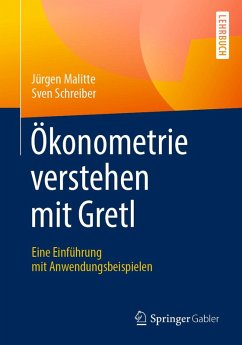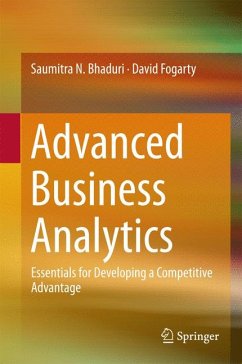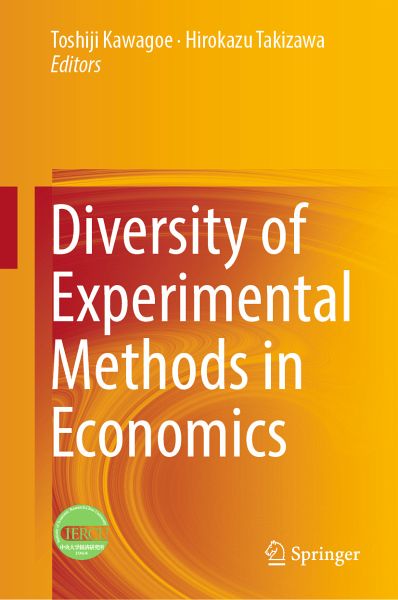
Diversity of Experimental Methods in Economics (eBook, PDF)
Versandkostenfrei!
Sofort per Download lieferbar
80,95 €
inkl. MwSt.
Weitere Ausgaben:

PAYBACK Punkte
40 °P sammeln!
This is the first book that examines the diverse range of experimental methods currently being used in the social sciences, gathering contributions by working economists engaged in experimentation, as well as by a political scientist, psychologists and philosophers of the social sciences. Until the mid-twentieth century, most economists believed that experiments in the economic sciences were impossible. But that's hardly the case today, as evinced by the fact that Vernon Smith, an experimental economist, and Daniel Kahneman, a behavioral economist, won the Nobel Prize in Economics in 2002.Howe...
This is the first book that examines the diverse range of experimental methods currently being used in the social sciences, gathering contributions by working economists engaged in experimentation, as well as by a political scientist, psychologists and philosophers of the social sciences. Until the mid-twentieth century, most economists believed that experiments in the economic sciences were impossible. But that's hardly the case today, as evinced by the fact that Vernon Smith, an experimental economist, and Daniel Kahneman, a behavioral economist, won the Nobel Prize in Economics in 2002.
However, the current use of experimental methods in economics is more diverse than is usually assumed. As the concept of experimentation underwent considerable abstraction throughout the twentieth century, the areas of the social sciences in which experiments are applied are expanding, creating renewed interest in, and multifaceted debates on, the way experimental methods are used.
This book sheds new light on the diversity of experimental methodologies used in the social sciences. The topics covered include historical insights into the evolution of experimental methods; the necessary "performativity" of experiments, i.e., the dynamic interaction with the social contexts in which they are embedded; the application of causal inferences in the social sciences; a comparison of laboratory, field, and natural experiments; and the recent use of randomized controlled trials (RCTs) in development economics. Several chapters also deal with the latest heated debates, such as those concerning the use of the random lottery method in laboratory experiments.
However, the current use of experimental methods in economics is more diverse than is usually assumed. As the concept of experimentation underwent considerable abstraction throughout the twentieth century, the areas of the social sciences in which experiments are applied are expanding, creating renewed interest in, and multifaceted debates on, the way experimental methods are used.
This book sheds new light on the diversity of experimental methodologies used in the social sciences. The topics covered include historical insights into the evolution of experimental methods; the necessary "performativity" of experiments, i.e., the dynamic interaction with the social contexts in which they are embedded; the application of causal inferences in the social sciences; a comparison of laboratory, field, and natural experiments; and the recent use of randomized controlled trials (RCTs) in development economics. Several chapters also deal with the latest heated debates, such as those concerning the use of the random lottery method in laboratory experiments.
Dieser Download kann aus rechtlichen Gründen nur mit Rechnungsadresse in A, B, BG, CY, CZ, D, DK, EW, E, FIN, F, GR, HR, H, IRL, I, LT, L, LR, M, NL, PL, P, R, S, SLO, SK ausgeliefert werden.



